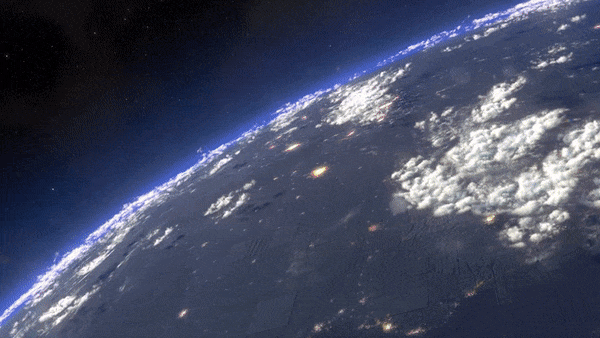
Such precise surveying would also be a step forward for climate modelling, sharpening scientific understanding of phenomena such as the terrestrial water cycle, the mass balance of ice sheets and glaciers and sea-level change.
Quantum clocks and frequency standards
Similar laser-slowed cold atom systems can serve as the basis of highly precise clocks for positioning, navigation and timing, offering orders of magnitude improvements on the atomic clocks employed by today’s satellite navigation systems. They are also important for fundamental physics experiments.
ESA’s atomic clock ensemble in space payload will become the most accurate clock ever flown in orbit when it is brought on board the International Space Station in 2025.
Quantum computing
Quantum computers are unlikely to be flown in space in the near future, but, by harnessing superposition, they promise vastly improved computing power for specific search or optimisation problems.



